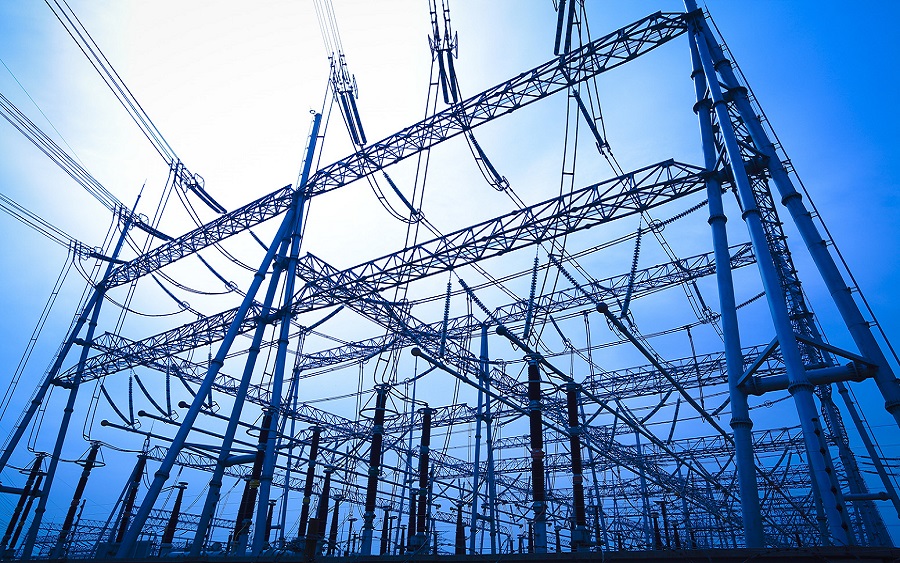The Federal Government may effect another tariff increase on September 1, 2021, based on details contained in a new tariff order issued by the Nigerian Electricity Regulatory Commission (NERC) to Electricity Distribution Companies (DisCos) and Electricity Generation Companies (GenCos), informing them of the approval to increase electricity tariffs.
Sources within the sector who requested anonymity confirmed the existence of the order. Several newspapers and online news media also reported news of the purported tariff increases.
This will be the third tariff increase in about a year with the first covering the period from January to June 2021, the second, July to August 2021 and the final which will soon be announced, September to December 2021.
According to information contained in the tariff orders for customers in Lagos, they will see their tariffs increase by about N2 across board by September 1, 2021.
Post-paid customers of the DisCos are expected to start paying this tariff in October after they receive their September bills. However, prepaid customers who buy energy in September will experience tariff increases immediately.
Why the tariff increase?
The Tariff order reveals inflation rate, exchange rate, US Inflation rate, generation capacity and gas prices are major factors considered in increasing electricity tariffs.
According to NERC, the inflation rate used for January to May was 17.7% while they adopted 17.93% for the second half of the year. The inflation rate in Nigeria is currently 17.38%. US Inflation rate was adjusted to 4.2% in the second half of the year from 3.1% between January and May.
On the exchange rate, NERC reveals it used N405.14/$1 between January and May 2021 and has now adjusted it to N410 for the second half of the year.
Generation Capacity was adjusted to 5,267MW/h for September to December 2020 compared to 4,646 MW/h used for January- August 2021. This suggests NERC expects power consumption and availability to increase in the latter part of the year.
Gas prices including the cost of transportation adopted was $2.98/MMBTU. Other factors used to justify the increases were capital expenditure requirements and operational expenses expectation of the DisCos.
DisCos keep mum
Distribution Companies who are expected to inform their customers of a tariff increase are yet to make any public pronouncement for a tariff that could come into effect in a couple of days.
The website of the industry regulator, NERC, where tariff orders for all DisCos are published did not have any copy of the new tariff orders and neither did it make any formal announcement.
A letter seen by Nairametrics purportedly written by Eko DisCo to its customers appeared to confirm the planned increase. However, a second letter signed by its CEO, denied any tariff increase was communicated advising customers to “disregard any such reports” not issued by its management. The company also mentioned it will inform its customers of any tariff increase.
Sources, however, informed Nairametrics that DisCos’ decision to keep mum may be because they have to receive the go-ahead from the government to implement the tariffs. Since the botched tariff increase last year, the government adopted a policy of engaging stakeholders before tariff increases.
Backstory
Distribution Companies increased tariff for the first time in about 4 years in September 2020 after years of protracted negotiations between DisCos and the government. The increase led to a threat by the Nigerian Labour Congress to embark on a nationwide strike if the tariff increase was not rescinded.
The Nigerian Government subsequently suspended the tariff increase in September, leading to the setting up of a committee between Labour, Government and Industry players.
Tariffs were subsequently increased in November 2020 and January 2021 under a Service-Based Tariff regime that led to several layers of tariff increases for different cadres of customers who pay according to the hours of power received daily.
In case you missed it
The Minister of Power, Engr. Sale Mamman admitted in April that the electricity tariff was to be increased in July but not “significantly.”
According to him, instead of a significant hike in electricity tariff, “Nigerians should expect an increase in efficiency in the sector to reduce tariffs while managing headwinds from foreign exchange and inflation.”
He further said, “Section 76 of the Electric Power Sector Reform Act of 2005 provides clear guidelines for the periodic review of tariff (based on market data and submissions from licensees).”
